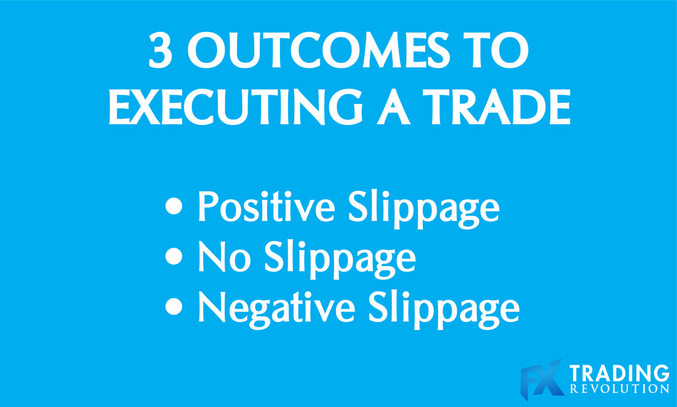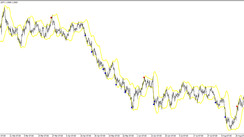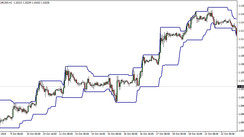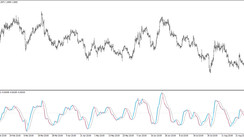Slippage is the difference between the price specified when the trader sends the request for the trade and the price at which the actual transaction takes place when the deal is executed. This difference is caused by the latency between the order request and the execution.
Slippage usually occurs during highly volatile periods in the market when the number and volume of orders suddenly increases.
Although it’s habitually considered bad, slippage doesn’t necessarily give a negative or positive connotation to the final outcome of the trade. At the end of the day, slippage can, and should sometimes work in favor of the trader. If slippage is always negative and high then it may be a problem with the broker.
Whenever orders are executed, the corresponding parties (liquidity providers) buy or sell a currency pair at the best and most favorable available price.
There can be 3 outcomes to executing an order:
Since prices in the Forex market often change rapidly, slippage is not an uncommon situation. However, normally it is not a big problem as long as the slippage is low. Orders that are executed at a price different by 10 – 20 pips can have a significant impact on the total net result of a trader’s account, but slippage of 0.1 pips is usually not going to be a hassle for anyone (considering you are not trading a fast scalping trading strategy).
- Positive slippage - The order is executed at a better price.
- No slippage - The order is executed at the requested price.
- Negative slippage - The order is executed at a worse than the requested price.
Slippage in the FOREX market is usually small and negligible because the market is very liquid. In comparison in other less liquid markets, when it occurs, slippage is usually larger.

There are, however, some measures that can be taken to minimize and even avoid slippage in FOREX trading:
- Always be informed of any scheduled high-impact news events, like non-farm payrolls and interest rate decisions. These events will have a high impact the respective currency pairs and are likely to cause high volatility which in turn often results in higher slippage.
- Always check on the fundamental background of the currency pair you trade. There can be periods when a currency or financial markets, in general, can be impacted by fundamental events over a longer period of time causing increased volatility overall. An example of such a situation was the British Pound in the weeks and months following the Brexit vote.
- Use a high quality and professional broker that executes your orders in the real interbank market and with very low negative or even with positive slippage most of the time.
One needs to understand the market conditions when slippage occurs. As we discussed earlier, it’s considered normal to experience somewhat larger slippage during important news releases like Central Bank interest rate changes, important elections or a pivotal economic report.
Slippage should not be a cause for too much concern, though, FOREX traders should try to avoid it as much as possible by making sure they open and close trades a couple of minutes before or after an impacting news event.
One last thing to note is that slippage can occur with all types of requested orders such as take profit, buy/sell stops, stop loss, and buy/sell limit orders.
Since the reason for slippage is due to forex market volatility, latency and execution speed, for trades affected by unavailable prices, the broker can opt for the next best available price.
Always look for a broker that can execute orders fast and can find alternative prices quickly in case the requested price is not available. We also recommend you to read our Truth about Forex Brokers .





